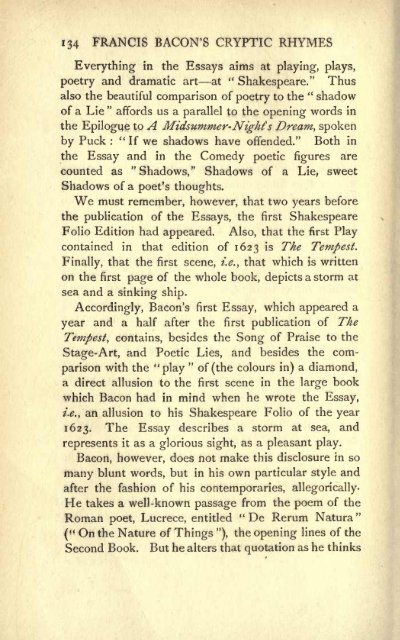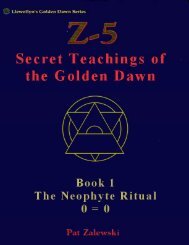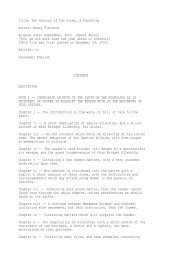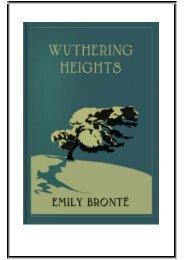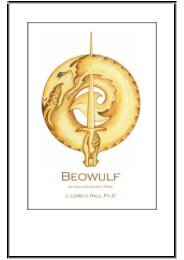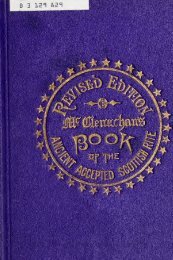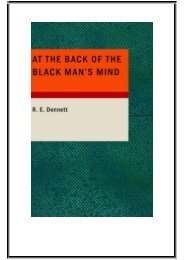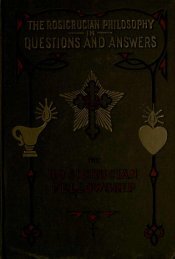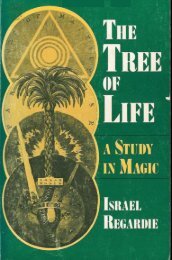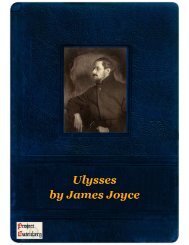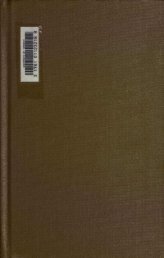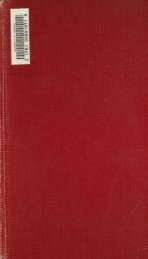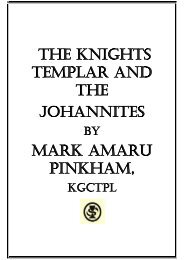download PDF version: 47.1MB - Global Grey
download PDF version: 47.1MB - Global Grey
download PDF version: 47.1MB - Global Grey
Create successful ePaper yourself
Turn your PDF publications into a flip-book with our unique Google optimized e-Paper software.
134 FRANCIS BACON'S CRYPTIC RHYMES<br />
Everything in the Essays aims at playing, plays,<br />
poetry and dramatic art at " Shakespeare." Thus<br />
also the beautiful comparison of poetry to the " shadow<br />
of a Lie " affords us a parallel to the opening words in<br />
the Epilogue to A Midsummer- Night's Dream, spoken<br />
by Puck " If we shadows have offended." Both in<br />
:<br />
the Essay and in the Comedy poetic figures are<br />
counted as "Shadows," Shadows of a Lie, sweet<br />
Shadows of a poet's thoughts.<br />
We must remember, however, that two years before<br />
the publication of the Essays, the first<br />
Shakespeare<br />
Folio Edition had appeared. Also, that the first Play<br />
contained in that edition of 1623 is The Tempest.<br />
Finally, that the first scene, i.e., that which is written<br />
on the first<br />
page of the whole book, depicts a storm at<br />
sea and a sinking ship.<br />
Accordingly, Bacon's first Essay, which appeared a<br />
year and a half after the first publication of The<br />
Tempest, contains, besides the Song of Praise to the<br />
Stage-Art, and Poetic Lies, and besides the com<br />
parison with the "play " of (the colours in) a diamond,<br />
a direct allusion to the first scene in the large book<br />
which Bacon had in mind when he wrote the Essay,<br />
i.e., an allusion to his Shakespeare Folio of the year<br />
1623. The Essay describes a storm at sea, and<br />
represents it as a glorious sight, as a pleasant play.<br />
Bacon, however, does not make this disclosure in so<br />
many blunt words, but in his own particular style and<br />
after the fashion of his contemporaries, allegoricallyof<br />
the<br />
He takes a well-known passage from the poem<br />
Roman poet, Lucrece, entitled " De Rerum Natura "<br />
(" On the Nature of Things the "), opening<br />
lines of the<br />
Second Book. But he alters that quotation as he thinks


